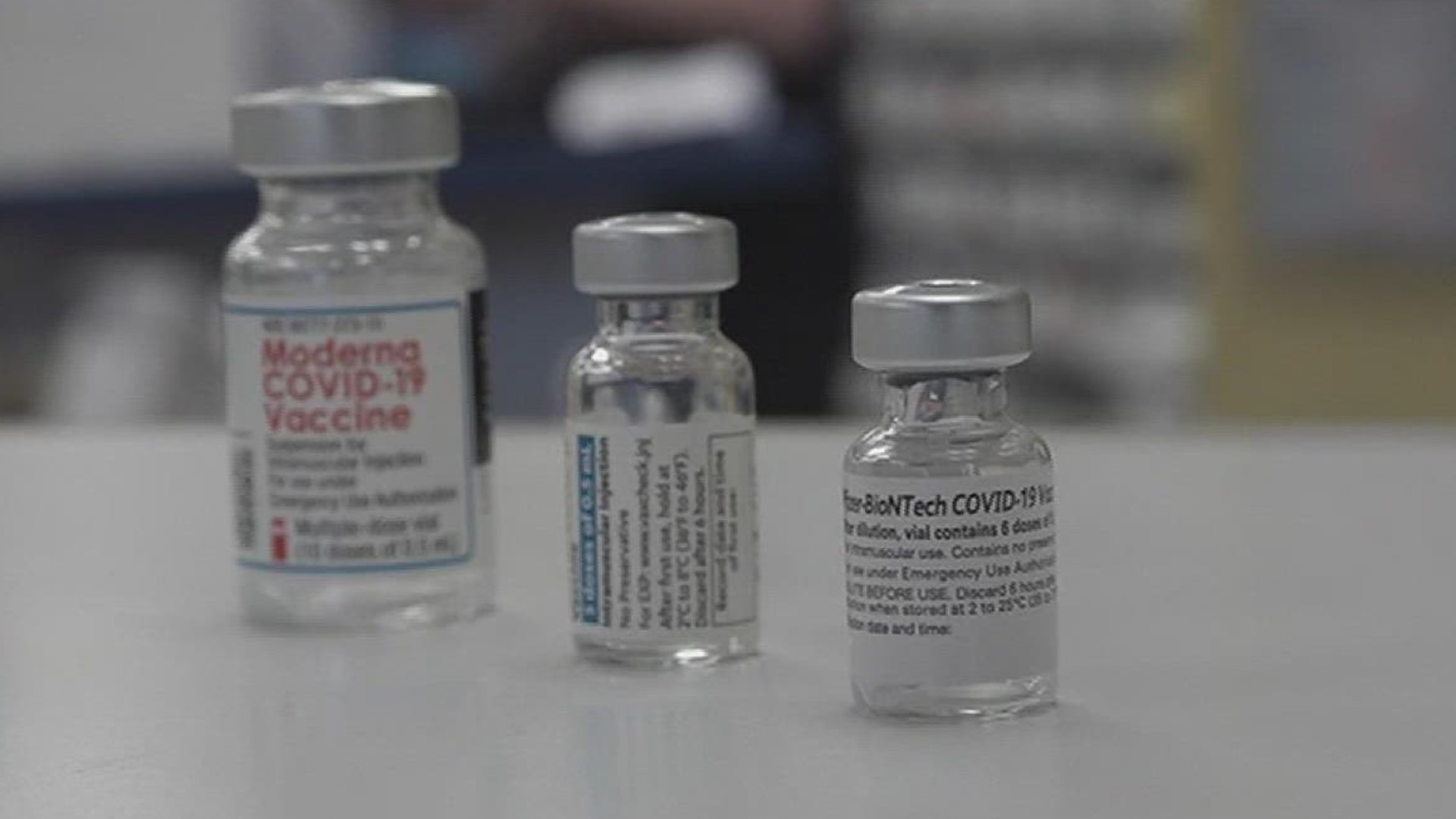HERSHEY, Pa. — It has been more than a year since COVID-19 vaccines became widely available. People may be wondering how long vaccines provide protection against the virus.
Vaccines remain 90% effective against severe COVID for up to six months, according to a recent study by Penn State College of Medicine scientists.
Researchers analyzed data from 7 million vaccinated and unvaccinated individuals. In their analysis, they determined the vaccines provided significant protection against COVID-19, but effectiveness waned over time.
The findings revealed that after full vaccination, immunity against COVID-19 infection decreased from 83% after the first month to 22% after five months.
“It is reassuring to see that individuals vaccinated against COVID-19 maintained strong protection against hospitalization and death over time, even when effectiveness against infection waned,” said senior author Dr. Catharine Paules, assistant professor in the Department of Medicine. “More data are needed specific to protection against the Omicron variant.”
The research included data on adults and children, aged 12 and older. The findings showed that recipients of the Moderna vaccine experienced the highest levels of protection. The efficacy of the Johnson & Johnson vaccine remained the lowest, at 74% effective against severe COVID.
According to the study, immunity against COVID-19 decreased more rapidly for individuals 65 or older regardless of which vaccine they received. The researchers did not have data beyond six months and the study did not include data on booster vaccines.
“It’s important to note that the rate of waning of vaccine effectiveness against COVID-19 is not uniform. Elderly populations had a higher rate of waning effectiveness,” said Dr. Paddy Ssentongo, assistant professor for the Department of Public Health Sciences and lead author of the study. “Future studies should focus on showing how vaccine protection lasts for various comorbidities and immune suppression status.”
The researchers noted that overall efficacy could depend on several factors, including vaccine type, patient age, emerging variants and geographic areas. Booster doses can provide a short-term increase in protection against COVID-19 infection.
When to get a COVID-19 vaccine booster and who qualifies
The Food and Drug Administration (FDA) says people 5 years of age and older are eligible for a booster shot of Pfizer’s COVID-19 vaccine if it has been at least five months since initial vaccination. People 18 years of age and older are eligible for a booster shot of Moderna’s COVID-19 vaccine five months after they reached full vaccination status.
Individuals who received the Johnson & Johnson vaccine are eligible for a booster shot after 2 months and are at least 18 years old.
Only people older than 50 years of age or 12 years and up with immunocompromising conditions are eligible for a second booster shot. The FDA suggests getting a second booster at least four months after the first booster dose.

